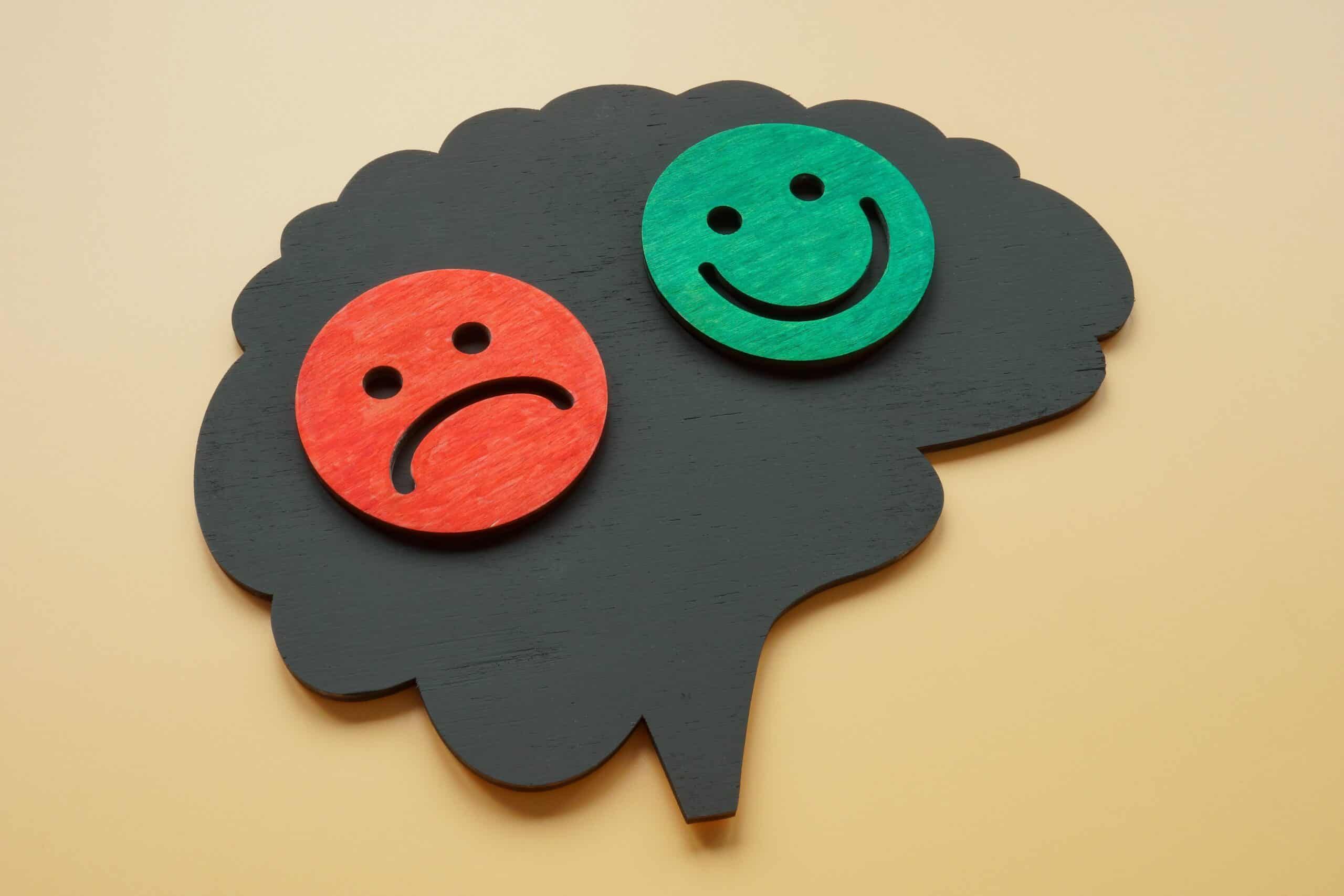The Connection Between Bipolar Disorder and Alcoholism
Bipolar disorder and alcoholism can go hand in hand. Oftentimes, individuals with undiagnosed, or even diagnosed bipolar disorder turn to alcohol as a means of coping with and self-medicating the symptoms of the condition.
They are more likely than not unaware of the risks of this practice. Leading to severe impacts in all aspects of their life, these individuals end up with more complications had alcohol not been a factor.
Bipolar 1 and Bipolar 2
Bipolar 1 and Bipolar 2 are both considered to be mood disorders. Both are characterized by mood instability, with depressive states that consist of extreme sadness, loss of interest, and changes in sleep and/or appetite. However, it is crucial to note that Bipolar 1 and 2 are very different conditions, despite the similarities.
Bipolar 1 consists of manic episodes lasting 7 days or requiring hospitalization. The manic episodes are often accompanied by depressive episodes. Bipolar 2, on the other hand, is characterized by hypomanic episodes and depressive states; however, there are no full-blown manic episodes.
Overall, bipolar 1 has more severe and impairing manic episodes, while Bipolar 2 has hypomanic episodes that are less severe and can be perceived as being positive. Both conditions are treatable under professional care, and medications and therapy can help manage them.
Bipolar 2 and Alcohol Abuse
Bipolar 2 is a treatable condition when under the care of mental health professionals. However, individuals often struggle with this condition and are unaware of its existence. This can lead to unsettling symptoms, and turning to substances to cope with depressive states. The practice of drinking, in itself, can be dangerous.
When Bipolar 2 is left undiagnosed, and individuals begin drinking to cope, it can lead to them struggling with bipolar disorder and alcoholism, together. These conditions often co-occur with one another, complicating both conditions. While alcohol can seemingly provide relief from mania and depression, it can exacerbate the symptoms. As a result, this can lead to heavier drinking.
Signs of Undiagnosed Bipolar Disorders
Many different signs could be indicative of undiagnosed bipolar disorders. These symptoms could be more obvious, or more subtle. However, those who exhibit symptoms should be seen by a mental health professional to prevent complications of the condition. Some symptoms can include extreme mood swings consisting of high highs (mania) and low lows (depression).
There may be periods of racing thoughts, high energy, and impulsivity during manic episodes that are followed by a sense of sadness, loss of interest, and fatigue during depressive episodes. Those exhibiting symptoms should seek professional help as soon as possible to prevent struggling with bipolar disorder and alcoholism.
Can Drug and Alcohol Abuse Cause Bipolar Disorders?
There is no evidence to suggest that drugs and alcohol cause bipolar disorder. However, there is plenty of evidence suggesting that these substances can lead to the onset of bipolar that may not have manifested itself fully yet. There is also evidence that these drugs and alcohol can exacerbate the symptoms of bipolar.
Additionally, there is evidence that substances can increase the risk of developing addictions in those who are predisposed and struggling with bipolar. Bipolar disorder and alcoholism can go hand in hand, and it is fairly common for someone who is struggling with alcohol to suffer from mental health conditions like bipolar disorder.
Which Comes First—Alcohol Abuse or Bipolar Disorders?
There is a complex relationship between bipolar disorder and alcoholism. Some cases show that alcohol abuse occurs as a means of self-medication and coping with the highs and lows of bipolar disorders, and in other cases, alcohol abuse can cause the symptoms of bipolar disorders to become more prevalent.
It can trigger the mood changes that characterize bipolar, and lead to severe challenges in the individual’s life. Having an accurate diagnosis and treatment plan can make a difference in the outcome of struggling with these conditions.
Treatment
Treatment for bipolar disorder and alcoholism can be helpful in the individual being able to maintain their life, with minimal impact. Both alcoholism and bipolar can make life extremely difficult, and without proper treatment, the impacts can only become greater. Dual diagnosis treatment can make a world of difference in the trajectory of an individual’s life who is struggling with substances and mental health.
Lithium for Bipolar Disorder
Lithium is a mood stabilizer that is a cornerstone in bipolar treatment. It is highly effective for managing mood swings and helping to prevent relapses in bipolar disorder. The drug helps reduce the frequency and severity of manic and depressive episodes that make up bipolar disorders. It is vital to monitor lithium levels in the blood while on this medication to gauge its effectiveness and prevent side effects.
Trauma Therapy
Many individuals who have struggled with mental health and substance abuse have experienced some kind of trauma in their lifetime. These may play a role in these conditions. Trauma therapy has the goal of helping these individuals to begin facing and healing from these traumas. As a result, they can gain control of their lives again.
Trauma has a profound impact on the human brain, and responses to trauma can be devastating. Having proper care can help to reduce its impact, making life easier.
Begin Healing Today
Bipolar disorders are a life-altering diagnosis. If left untreated, there can be devastating results including alcohol addiction. Alcohol addiction is another severe condition that can impact a person’s physical and emotional health. If you or a loved one have found yourself struggling, there is help available.
At Lexington Addiction Center we strive to provide the best care for individuals struggling with mental health conditions like bipolar disorder, as well as addictions like alcoholism.
Call us today and begin your journey of healing.









